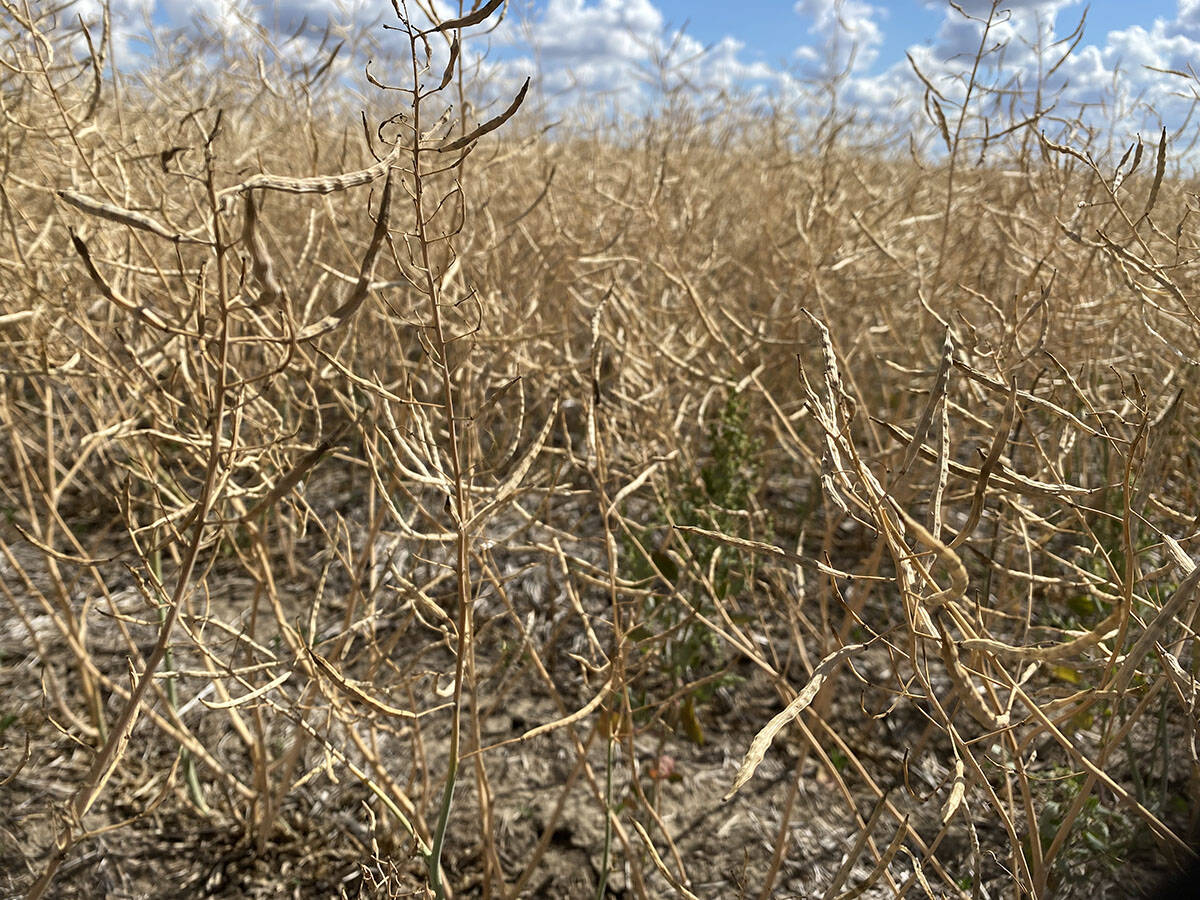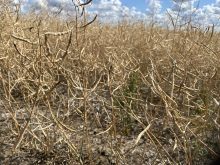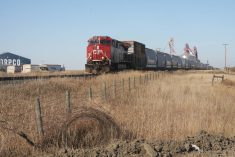WORLD Trade Organization negotiators are wrestling this year with issues that will affect Canadian farmers directly – how much can their government support them, protect them, give them access to new markets? Over four weeks, this column is exploring some of the issues at WTO talks past and present and their impact on farmers. This week part three: measuring trade talk progress.
Since the days of Chaucer and Shakespeare, the English language has been a work in progress, adding phrases and words to reflect a changing world.
Read Also

Crop insurance’s ability to help producers has its limitations
Farmers enrolled in crop insurance can do just as well financially when they have a horrible crop or no crop at all, compared to when they have a below average crop
So here’s a candidate for a new descriptive phrase to signify slowness, imperceptible movement, an alternative to “watching grass grow” or “watching paint dry” – “watching world trade talks progress.”
In the almost four years since trade and agriculture ministers from more than 145 countries triumphantly agreed to begin a new trade negotiation round, almost nothing substantive has happened.
All sides say a deal on agriculture is key to progress but so far, none of the tough political decisions necessary to make a deal possible have been made.
It puts enormous pressure on negotiators and ministers in the weeks leading up to the next WTO make-or-break meeting in Hong Kong in December. Can they find enough common ground in the next 10 weeks to allow trade advocates and public relations officials to dress up the result, however meagre, as a major event?
With trade-distorting access barriers and price-distorting farm subsidies at the core of the talks, many Canadian farmers and agri-businesses believe they have much at stake. The world over, political and business leaders have insisted they want this WTO negotiation to succeed.
Skilled negotiators have logged thousands of hours trying to settle often-arcane points, trying to find common ground.
Why then, with all this high-powered political support and negotiating effort, has progress been so minuscule?
In large part, it is the sheer complexity of the agenda. With 148 countries involved, a multitude of issues at play and domestic farm policy among the most sensitive, grand rhetorical claims of resolve are much easier to make than in-the-trenches compromises that will mean controversial policy changes back home.
Many ministers face domestic farmer lobbies that are not always enthusiastic about the WTO and its potential to reduce their supports and open them to more import competition.
In part, it is the gambling instinct that often takes over negotiations. Everyone waits for others to show their hand first and the months tick by.
Then, there are personnel issues. This summer, both WTO director general Supachai Panitchpakdi and agriculture negotiations chair Tim Groser left their positions and their lame-duck status in recent months clearly reduced their ability to cajole movement out of negotiators.
New Zealander Crawford Falconer replaces Groser at the head of the agriculture negotiation table in September. He may have some fresh ideas but there is a real risk the changing of the guard will disrupt what little momentum there was.
Negotiators insist rapid progress is possible once the dealing starts.
Perhaps, but it is going to require a substantial growth of political backbone and political risk taking in countries around the world for the real bargaining to begin.
















